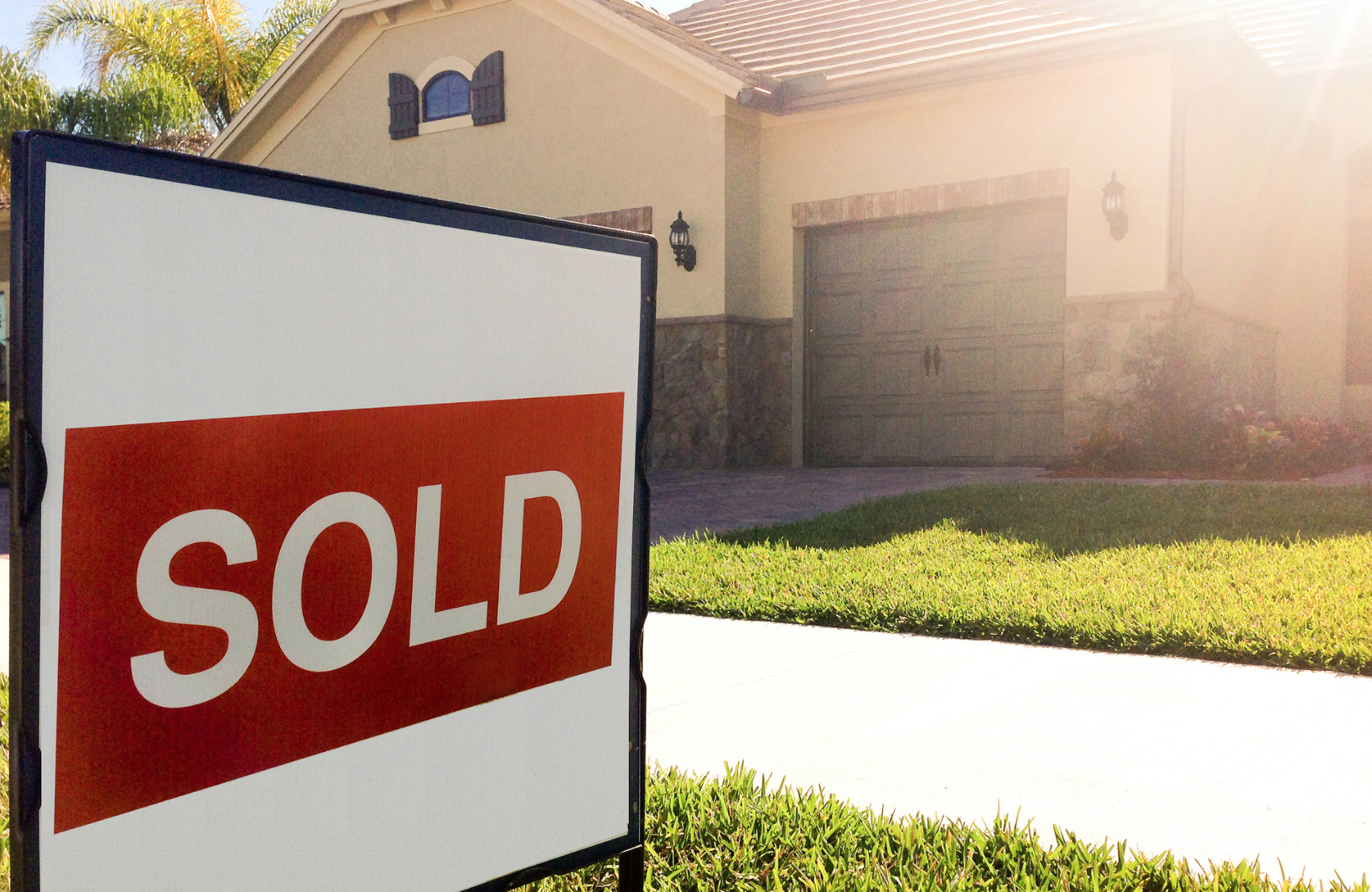From the March Urban Edge podcast:
Homeownership is possible. That’s the lesson at a recent weekend homebuyer education workshop hosted by the NAACP. Held in a church across the street from the Houston branch’s headquarters, the workshop runs through the home-buying process, from finding a realtor to inspection and closing. There’s about 20 or so people here for the all-day gathering. In the background, the sounds of choir practice hum through the walls.
Each person there is interested in buying a home, some for the first time, and want help navigating the process in Houston. That’s where realtor Andrea Cooksey comes in. With decades of experience in the field, she works with the NID Housing Counseling Agency to lead workshops like today’s.
"The most important thing," she tells the crowd of interested homebuyers, "because of the information and education you have received today, is to get preapproved because, like I say, I could give all of you guys a 30-minute assignment and trust and believe you will find a house you love the question is will they give you the money to really move in and love it?"
That’s an easier question for some potential homebuyers than others. Part of the reason the NAACP wanted to organize a year-long campaign to get 100 new black homeowners in Houston by Christmas is because of the persistent gap between white and black residents when it comes to owning a home across the country.
And black homeownership has actually been decreasing.
According to the Urban Institute, “Since 2001, the black homeownership rate has seen the most dramatic drop of any racial or ethnic group.” So in 2016, while 71.3 percent of white residents owned their homes, only 41 percent of black residents did, down from almost 46 percent in 2001. Hispanic families had a slightly higher home ownership rate at 45.6 percent.
The Economic Policy Institute released its own report, looking back at the last 50 years following the Civil Rights Act. And while black Americans had made gains when it came to things like educational attainment, the report concluded that, “With respect to homeownership, unemployment, and incarceration, America has failed to deliver any progress for African Americans over the last five decades.”
Historical housing discrimination has been well documented. Since its inception, the mortgage industry and federal policy have worked against black homeownership. But even with the passage of the Fair Housing Act and the Equal Credit Opportunity Act, mortgage discrimination is still a prominent, if illegal, feature of the housing market.
A recent investigation from the Center for Investigative Reporting described mortgage discrimination as modern-day redlining, finding “a pattern of troubling denials for people of color across the country.”
But shouldn’t Houston be better? Billed as an affordable, fast growing and diverse city of the future, Houston was not one of the 61 cities identified by the Center for Investigative Reporting as having substantial mortgage discrimination but the Houston metropolitan area is not much different when it comes to the persistent gaps in home ownership. In fact, the gap almost exactly parallels the national statistics with 71.1 percent of white residents owning their own home compared to just 41.3 percent of black residents, according to the Urban Institute. Not as large a gap as in the Phoenix metro area or many Northeast metro areas, it’s still substantial and represents a barrier to wealth building.
"Subprime lending, I don’t care what statistics say, subprime lending destroyed minority communities, it truly did," said Belinda Everette, the organizer of the workshop. "So if that’s your experience as a first time homebuyer, you’re not going to do it again."
But she hopes that, armed with the right team and information, potential black homebuyers will be able to take advantage of the wealth building that homeownership allows. Even with the Great Recession, an analysis of seven metro areas by the Urban Institute concluded that while “Homeownership is not the universal panacea, the financial returns on homeownership have been more beneficial than renting for most homeowners and will likely remain so if current patterns continue.
"Every other major purchase you buy, the minute you purchase it, it depreciates," says Everette.
Well aware of the statistics, Everette said she wants to arm potential homebuyers, especially those who think it’s out of reach, with another set of numbers: their assets and resources.
Hear more in the latest episode of the Urban Edge podcast, including a q+a with former principal deputy assistant secretary for the Office of Community Planning and Development at the United States Department of Housing and Urban Development Harriet Tregoning. Now involved in resiliency planning efforts across the country, Tregoning discussed why smart growth, resiliency and equity have to go hand in hand.

